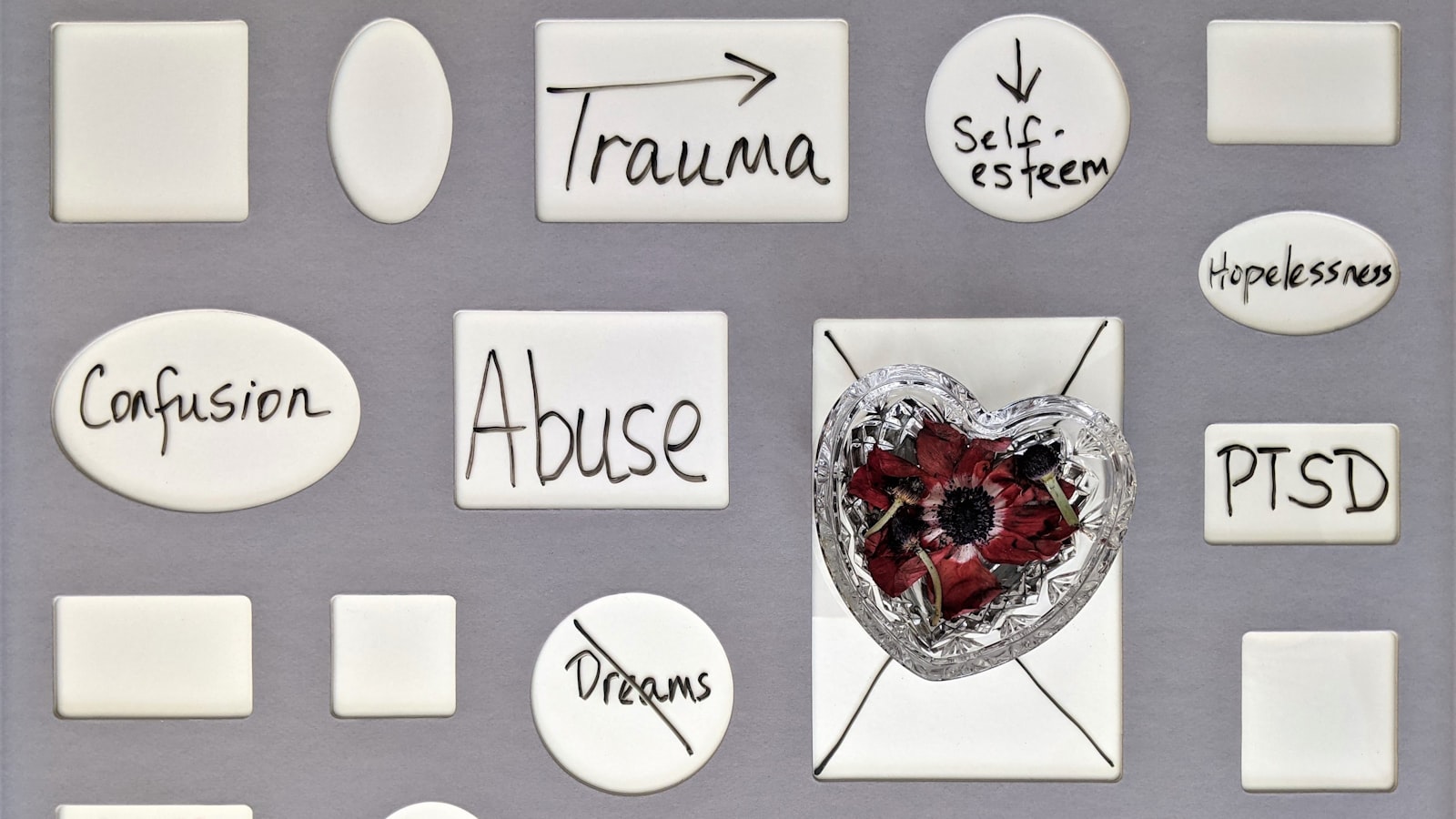Exploring music's emotional power
Music has the ability to affect us on a deeply emotional level, from triggering memories and changing our mood to reducing stress and promoting relaxation. In this blog post, we delve into the science behind music's impact on emotions and why it holds such a powerful grip on our psyche.
Introduction
Music has been an integral part of human culture for thousands of years. It is often said that music is the language of emotions. People listen to music to express and experience a wide range of emotions. From upbeat and cheerful tunes to melancholic and sad melodies, music can evoke a range of emotions in a listener. In this blog, we will explore the impact of music on emotions.
The Power of Music
Music has a unique ability to affect emotions and mood. It can create a sense of calm and relaxation, or it can make people feel energized and excited. Studies have shown that music can influence various physiological and psychological aspects of our body, including our heart rate, blood pressure, and hormone levels.
The Science of Music and Emotions
Research has shown that music can activate the same areas of the brain that are responsible for processing emotions. It can trigger the release of dopamine, a neurotransmitter associated with pleasure and reward. This is why listening to music can create a sense of euphoria and joy. In addition to this, music can also affect the way we perceive emotions. For example, sad music can make us feel more empathetic towards others, while happy music can make us more optimistic and positive.
The Role of Lyrics in Music and Emotions
While the melody and rhythm of a song can impact emotions, lyrics can also play a significant role in shaping emotional responses. The meaning and message conveyed through the lyrics can evoke a range of emotions in a listener. For example, a song with lyrics about heartbreak and loss can make a listener feel sad and empathetic towards the singer.
Music as a Tool for Emotional Regulation
Music can also be used as a tool for emotional regulation. It can help people regulate their emotions and cope with stress and anxiety. Listening to music that is calming and relaxing can help reduce stress levels and promote feelings of relaxation and well-being.
The Impact of Music on Memory and Emotions
Music has been shown to have a powerful impact on memory and emotions. Studies have shown that listening to music can activate memories and emotions associated with specific events or periods in a person's life. This is why hearing a song from our childhood can bring back memories and emotions associated with that time.
The Impact of Music on Social Connection and Emotions
Music can also be a powerful tool for social connection and emotional bonding. Listening to music together can create a sense of shared experience and promote feelings of social connectedness. This is why music is often used in social situations, such as parties and gatherings.
Conclusion
In conclusion, music has a profound impact on emotions. It can evoke a wide range of feelings, from happiness and joy to sadness and empathy. Music can activate the same areas of the brain that are responsible for processing emotions, and it can also be used as a tool for emotional regulation and memory activation. By understanding the impact of music on emotions, we can harness its power to promote well-being and enhance our quality of life.

Tag
music therapy, emotional wellness, mental health, music and mood, psychology of music
music and emotion, music and the brain, music as medicine, sound healing, healing power of music
music to heal, music and feelings, music science, music and therapy, music and emotions
music and mental health, music to connect, music and mind, music and happiness, music and heart
'MUSIC' 카테고리의 다른 글
| The evolution of musical styles - Song Analysis (0) | 2023.03.09 |
|---|---|
| The role of music in shaping identity - Song Analysis (0) | 2023.03.09 |
| The science of musical enjoyment - Song Analysis (0) | 2023.03.08 |
| The psychology behind musical preferences - Song Analysis (0) | 2023.03.07 |
| Understanding musical symbolism - Song Analysis (0) | 2023.03.07 |





댓글